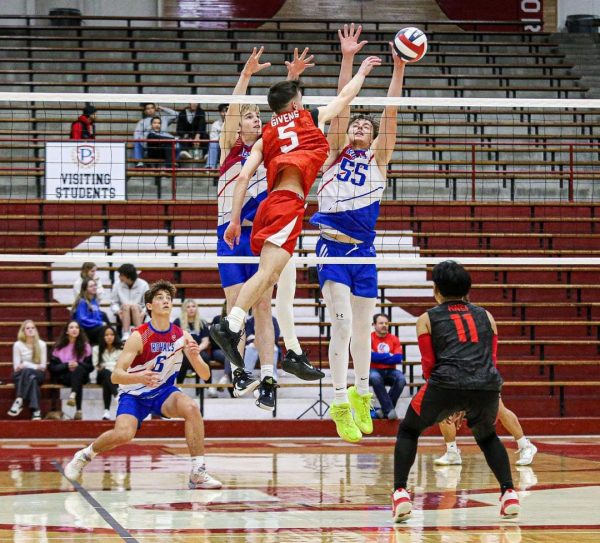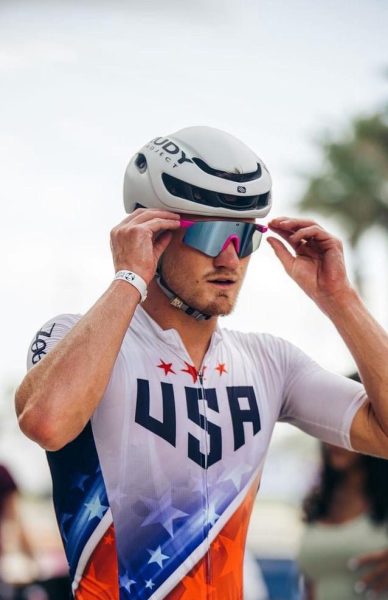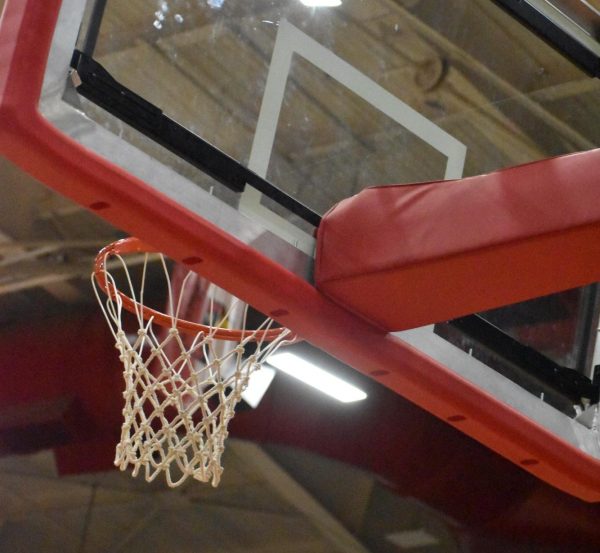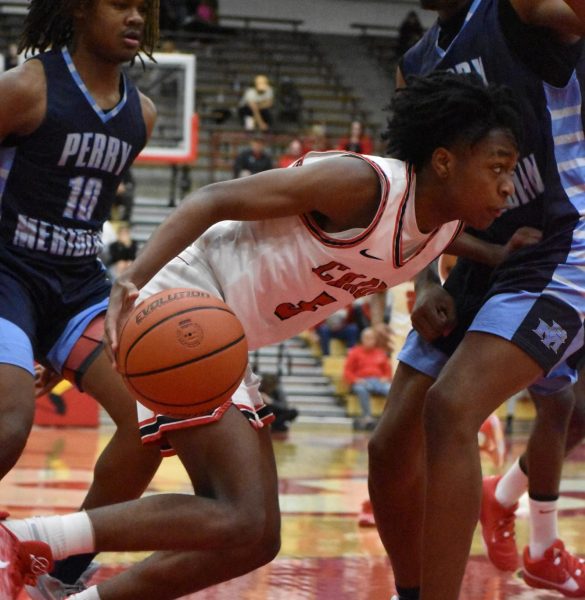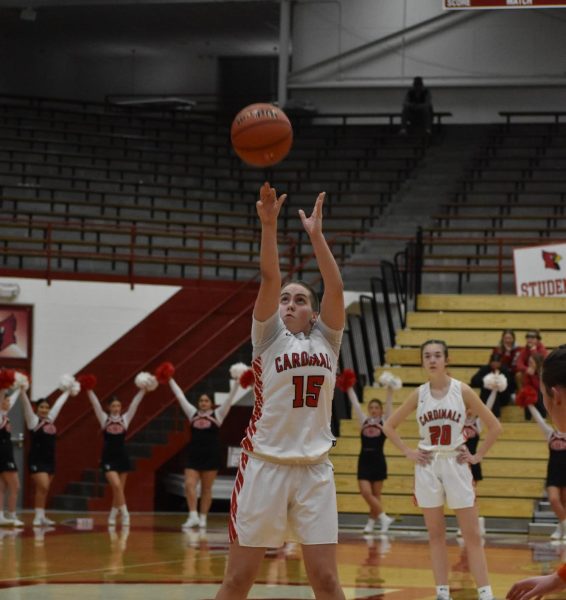Transgender high school athletes should be able to participate in the sport of their preferred gender
It’s not often that a boy wins the high school state championship in a girls sport. However, this is exactly what happened for Mack Beggs, a transgender wrestler in Texas, who won the state title two years in a row (2017-2018). This has sparked controversy all over the nation, but it isn’t what it seems.
Beggs hasn’t been consciously setting himself up for success by competing against opponents of the opposite gender. On the contrary, Beggs was born a female and has started the process of transitioning to male by taking low doses of testosterone. Beggs tried to enter the male division, but due to Texas law, he has been forced to wrestle with the gender he was assigned at birth.
For reasons like this and others, high school transgender athletes should be able to participate in the sport of their preferred gender if they have begun the process of transitioning.
According to the Human Rights Campaign, over half of transgender
males and nearly a third of females attempted suicide at some point in their life. And according to GLSEN, it is essential for LGBTQ+ people to have a feeling of inclusion in their communities. Allowing students to be a part of the sport of their preferred gender would lead to a more positive environment at school. LGBTQ+ students that participate in sports average a GPA 0.2 or 0.4 points higher than students not involved in sports. Even though these might seem like significant benefits, not all of the nation sees it this way.
Seventeen states, including Indiana, have laws in place that prevent transgender athletes from participating in the sport of their preferred gender unless the student has already undergone transition surgery and provides medical evidence of physical changes. Unfortunately for transgender athletes, surgeries like this are not cheap.
In fact, they can cost upwards of $120,000, according to the Philadelphia Center for Transgender Surgery. This is clearly a major commitment and cost for the athletes to be making in the first place, and it shouldn’t be expected of them to get multiple surgeries before competing.
However, small amounts of testosterone injections for women can cost around $300 to $1,500 a year, according to healthline. Estrogen for men can cost about $1,500 a year, according to GoodRx. Hormonal injections like these would start giving the individual physical attributes of the opposite gender and in turn make competition more fair.
The benefits of better grades and a better social life justify allowing athletes to play with their preferred gender.







